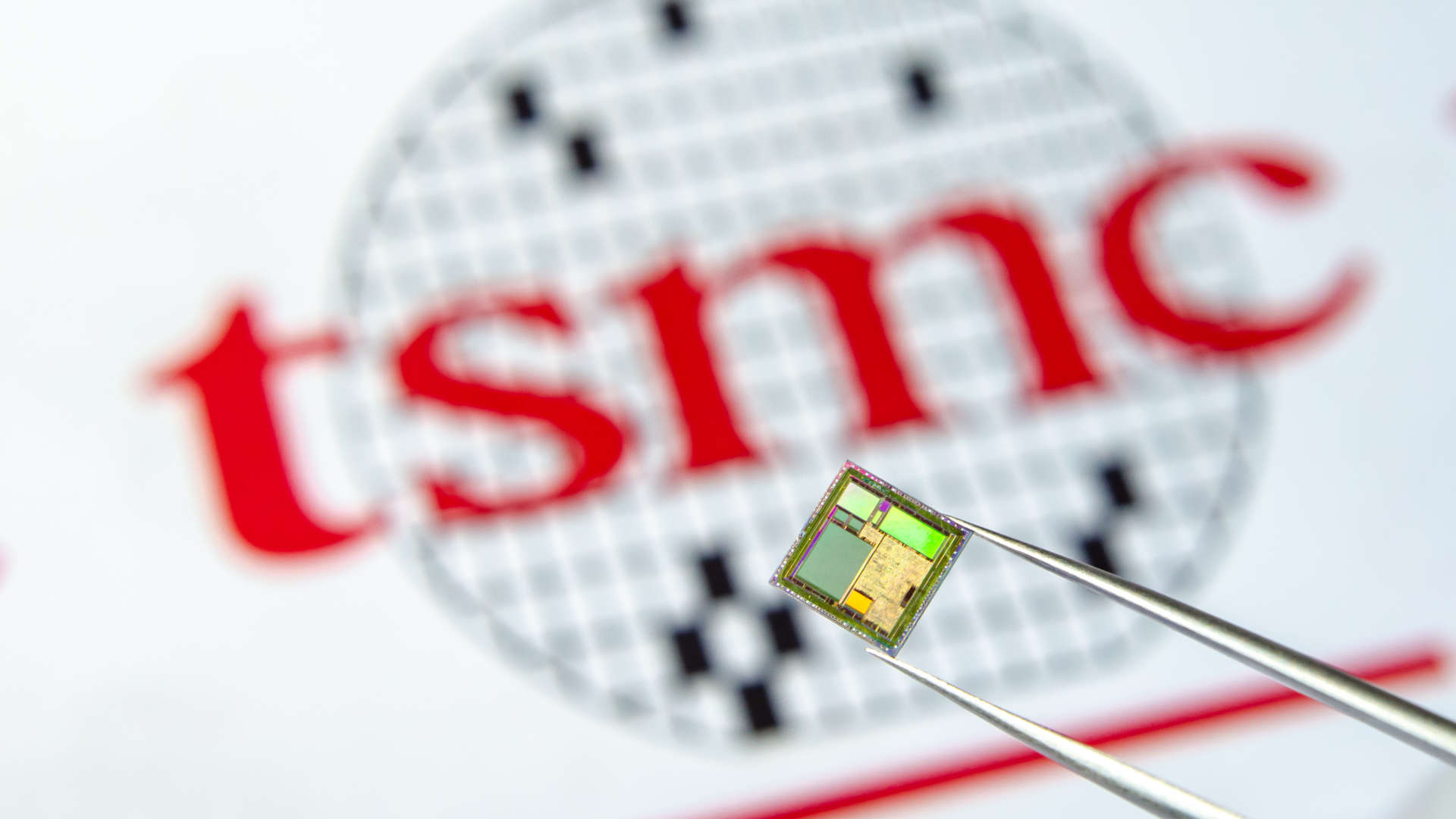
A culture clash between the Taiwanese company and the local American workforce has hindered TSMC's efforts to build a chip fab in Arizona. However, according to the Commercial Times, the tensions are apparently being defused. The completion of Fab 21 has been delayed to 2025 because of worker-related issues, but TSMC chairman Mark Liu expressed optimism that the company is learning how to engage with U.S. workers to get the facility up and running.
The most immediate trigger for the current troubles has been TSMC's decision to send 500 Taiwanese workers to get Fab 21 back on track. Arizonans haven't taken too kindly to this move, prompting a labor union and two political action committees (or PACs) to take action. The groups are now campaigning to block foreign workers from entering the country and insist that TSMC must employ locals.
TSMC has received plenty of scathing criticism from the U.S. press for its conflicts with the union — criticism that chairman Mark Liu notes the company doesn't receive from the Taiwanese media due to its revered status in Taiwan for serving as the 'silicon shield' that protects the country from invasion from China. However, Liu remarked that criticism can be good, "Not being criticized is the biggest enemy of engineers."
Many of TSMC's struggles in the U.S. have revolved around its contentious relationship with U.S. unions, adding another new wrinkle for the company to learn from — unions have a much weaker presence in Taiwan compared to the U.S. Liu says the company has been working to solve conflicts with the union and work through the wider cultural conflict between his company and American workers.
Liu said that communication with the unions is now "very good" and that this "learning experience is very important for TSMC." He also commended unions for "promoting the cohesion of employees."
Liu cited an example of Toyota setting up factories in the U.S. Initial attempts in the 80s went poorly for Toyota, but the construction for subsequent factories was smoother as the company acclimated to America's cultural landscape. "The key is to have adequate communication, rather than looking at personality, culture, etc," said Liu.
The consequences of being unable to resolve cultural conflicts can be severe, especially when public funding is involved. The Superconducting Super Collider (or SSC) was notorious for its delays and high costs, caused at least in part by the cultural tensions between scientists and engineers from the military-industrial complex. Those issues didn't even have a dimension of coming from a different country, yet it was still a critical problem all the same.
Congress ultimately canceled the SSC due to its back-to-back delays and ballooning budget, a fate that TSMC will undoubtedly prefer not to repeat. The CHIPS Act, which funds Fab 21 and other projects, is already under fire for its high cost, and most of the funds need to be approved by Congress every year. For TSMC's sake, hopefully, Liu is correct that the current issues are getting ironed out.







